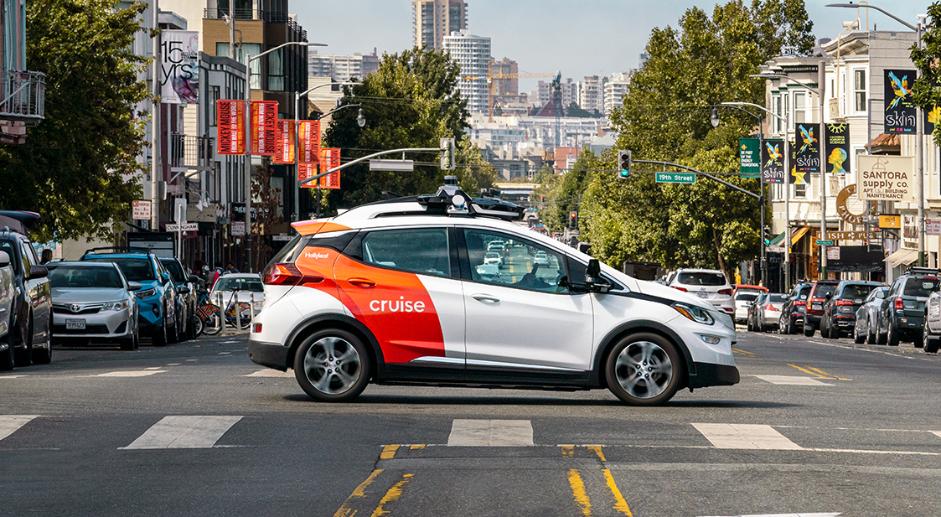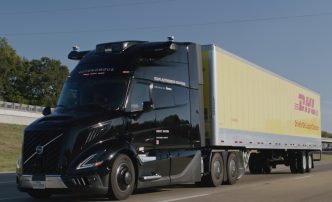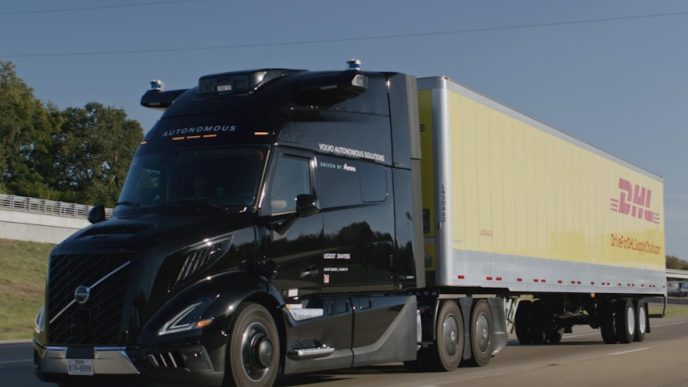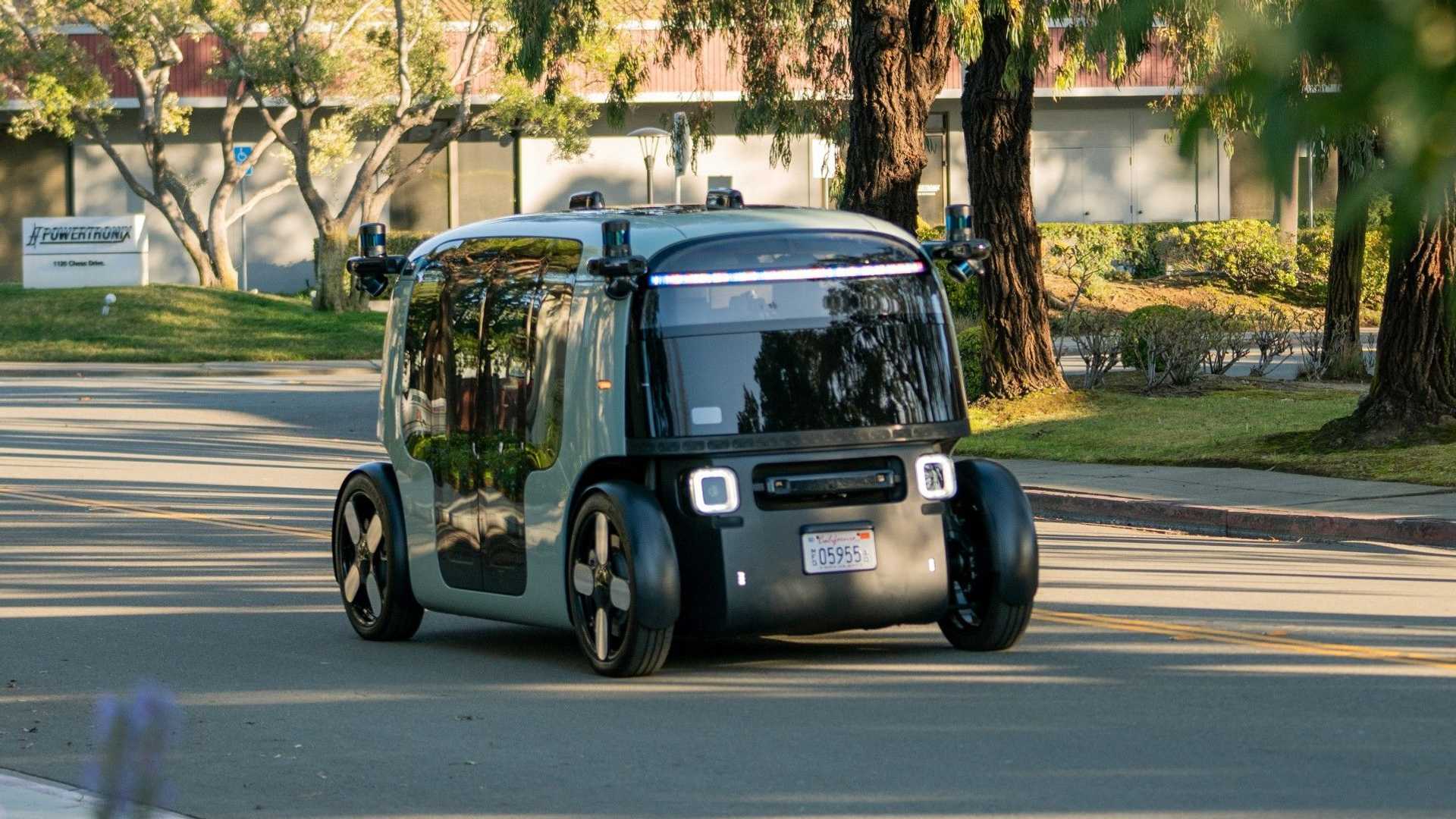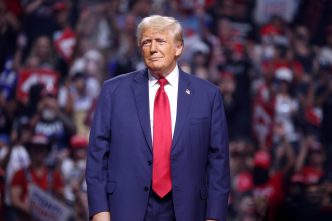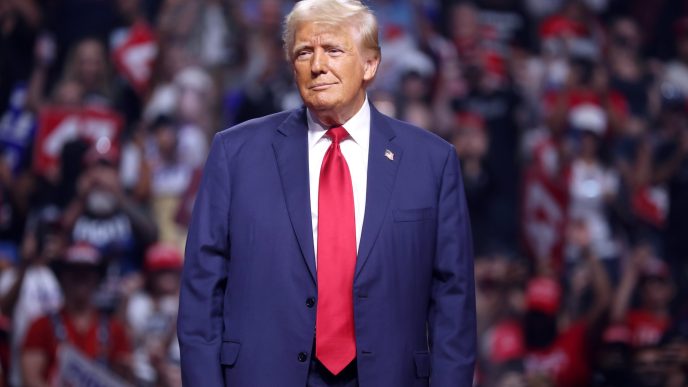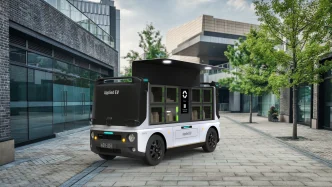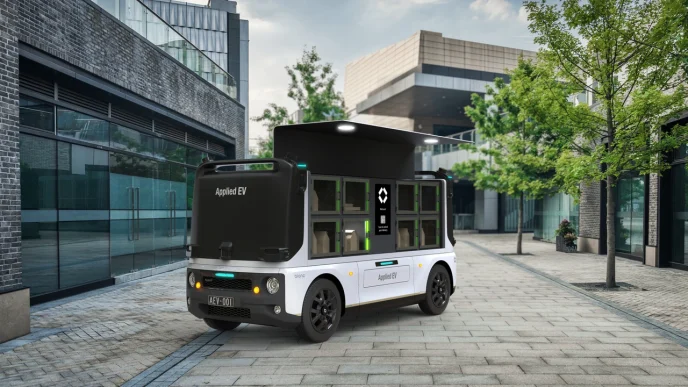General Motors (GM) announced its decision to shut down its autonomous vehicle subsidiary, Cruise, following concerns over high development costs, regulatory challenges, and limited progress in a competitive space. The move ends a high-profile effort that GM once projected could generate $50 billion in annual revenue by 2030.
Executives revealed on Tuesday that the decision to exit the robotaxi business was influenced by the significant investments required and challenges with regulatory relationships. Some of Cruise’s workforce will transition to GM’s development of driver-assistance technologies. Despite initial investor optimism, GM shares closed down 1.3% on Wednesday after an earlier post-announcement boost.
Garrett Nelson, an analyst at CFRA Research, described the decision as a necessary step given the $10 billion GM had spent on Cruise with minimal returns. However, he also called the shutdown a “black eye” for GM management, which had previously touted Cruise’s revenue potential. CEO Mary Barra acknowledged the company’s missteps, including delays in vehicle rollouts and regulatory issues, noting, “We didn’t build the right relationships with our regulators.”
Cruise Faces Setbacks Amid Heightened Scrutiny
Cruise’s closure follows intensified scrutiny after a 2023 accident in San Francisco where one of its robotaxis seriously injured a pedestrian. The company admitted to submitting a false report during a federal investigation and paid a $500,000 fine under a deferred prosecution agreement.
Analysts highlighted GM’s limitations compared to competitors like Alphabet’s Waymo, Tesla, and Baidu. While Waymo continues to expand its robotaxi services, it remains a costly venture. Barclays noted that Alphabet’s robust financial position allows it to absorb such costs, unlike GM, which is forecasted to earn $14-15 billion in 2024.
Shift in Strategy Amid Broader Industry Challenges
GM is now pivoting its focus back to its core business of producing gasoline-powered vehicles while scaling back EV ambitions. The automaker recently recorded a $5 billion loss in its China operations and reduced plans for electric vehicle production. However, Barra emphasized GM’s continued commitment to the Chinese market through its Buick and Cadillac brands.
Barra also expressed hope for a federal regulatory framework for autonomous vehicles under the incoming administration of president-elect Donald Trump. She noted that such a framework could improve efficiency and expressed optimism about discussing potential policy impacts with Trump, despite his previous criticism of GM’s layoffs and plant closures.
Separately, Microsoft announced an $800 million impairment charge related to GM’s Cruise decision, reflecting the ripple effects of the automaker’s strategic pivot.

